While I’ve read plenty of books worse than Television: A Biography, I can’t immediately think of any that were more disappointing. After all, here’s David Thomson — a film critic about whom it’s hard not to use the word ‘doyen’ — looking back on more than 60 years of TV viewing for what should be a magisterial summation of the whole medium. Yet, although some of his analyses of individual shows are as sharp as ever, the overall result is often contradictory, occasionally incomprehensible and at times plain weird.
At first, it seems as if the main problem will merely be the traditional snootiness of the intellectual movie buff towards telly, and the damage it supposedly does to all of us by offering only mind-numbing
reassurance. Television, Thomson argues in the introduction, is like an electric light: the whole point is simply whether it’s on or not, with ‘watching, criticism, judgment, meaning — all those esteemed procedures’ consigned to pre-TV history. In fact, this proves to be an argument that he returns to regularly — but only when he’s not explaining that ‘I watch a lot of television’, or when he’s not criticising, judging or finding meaning in what he’s seen.
In that same introduction, Thomson also rubbishes the idea that his book will, or ever could, be a biography of TV. ‘The historical approach,’ he says sternly, ‘is misleading’ (although perhaps not as misleading as his subtitle). Nonetheless, it’s impossible to guess at this stage just how random the next 400 pages will be, with many of the sections, paragraphs and even sentences proceeding by means of what could be most kindly be described as free association — and less kindly as a series of wild non-sequiturs.
At one characteristic point, for instance, he follows his eulogy to Fawlty Towers with the unsubstantiated assertion that it was ‘surely influenced’ by Peter Cook and Dudley Moore’s Not Only… But Also. He then discusses that show, ending with a quotation from a sketch which mentions Crouch End as a Tube station. He then explains to the American audience at whom the book is aimed that Crouch End isn’t actually a Tube station at all but is a place in north London; then that ‘no less than Stephen King wrote a story called “Crouch End”… in his book Nightmares & Dreamscapes’; then that many real Tube stations have ‘forlorn innuendo names’ such as Limehouse, Snaresbrook and Burnt Oak. And with that, he moves straight on to Saturday Night Live.
A similar incoherence also applies to the fairly major question of what Thomson ultimately makes of television. On the one hand, the longer the book goes on, the more serious the charges against it become. Not content with creating the mental wasteland we now inhabit, ‘the medium… has buried dreaming as a human enterprise’, and even left it ‘problematic whether we exist’. On the other, Thomson keeps talking, often illuminatingly, about all the great programmes there’ve been — from the ‘genius’ of The Singing Detective to ‘the epitome of energetic journalism’ represented by
60 Minutes. Indeed, he apparently quite likes some fluffier telly too, as he reveals with due sheepishness in a section towards the end that belatedly acknowledges (but isn’t enough to rectify) one of the book’s more obvious flaws: ‘I turn to Friends because a friend read my first draft and suggested I might be neglecting the ordinary, casual pleasure to be felt with television. I knew he was right.’
Not surprisingly in the circumstances, Thomson’s conclusion is a distinctly puzzling one: ‘Television may be the medium that leads us away from our most perilously “human” impulses — even if that makes us duller or rather less than the people in Velázquez or Henry James.’ My own summary, though, would be a lot simpler. Television, the book seems to say, is a very bad thing — except when it isn’t.
Fortunately, if it’s wise, funny and non- axe-grinding TV criticism that you want, there’s always Play All — Clive James’s concise but extraordinarily rich reflections on what appears to be every television box set known to man. James’s illness, it seems, is still leaving almost all of his gifts undiminished: his cultural omnivorousness; his ability to write penetratingly and entertainingly at the same time; even his eye for a pretty girl, combined with an assiduous refusal to use the same adverb or adjective about any of them. (True Detective’s Alexandra Daddario, for example, is ‘extravagantly gorgeous’, whereas Annet Mahendru from The Americans is ‘insanely lovely’.)
Almost every page of this terrific book has an observation or two that you’ll want to remember, but there’s one I’d especially recommend to David Thomson. Game of Thrones is certainly a crowd-pleaser, says James — and ‘to despise that, you have to imagine you aren’t part of the crowd. But you are: the lesson that the 20th century should have taught all intellectuals.’
The post Pandora’s box appeared first on The Spectator.
Got something to add? Join the discussion and comment below.
Get 10 issues for just $10
Subscribe to The Spectator Australia today for the next 10 magazine issues, plus full online access, for just $10.
You might disagree with half of it, but you’ll enjoy reading all of it. Try your first month for free, then just $2 a week for the remainder of your first year.

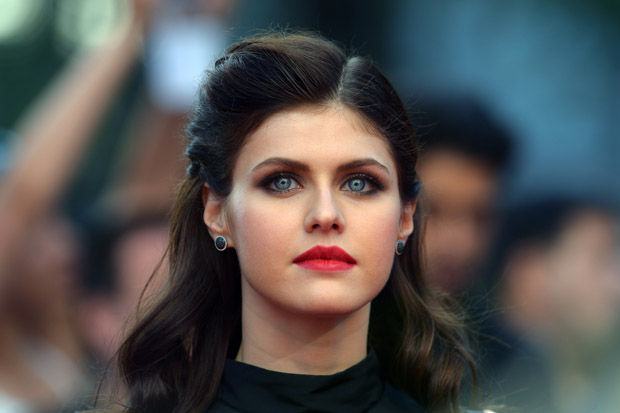
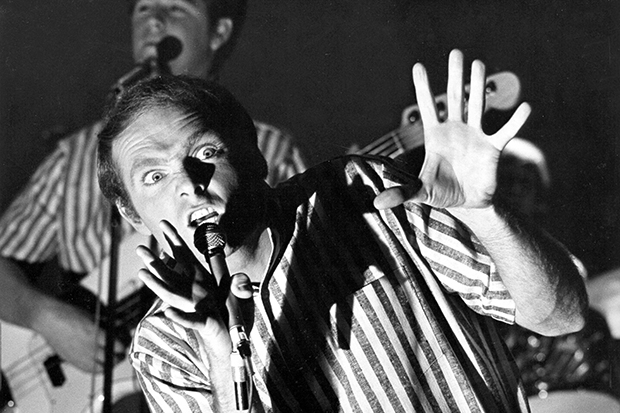
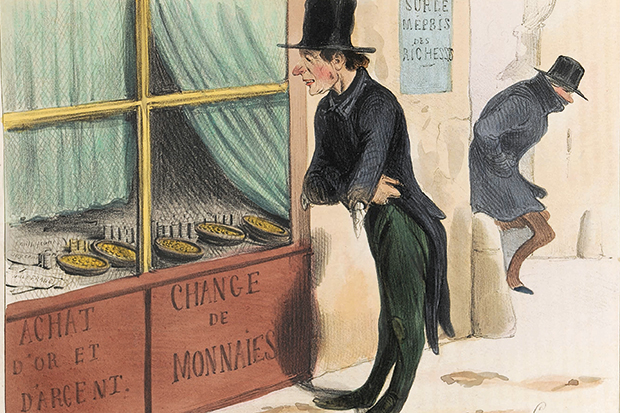

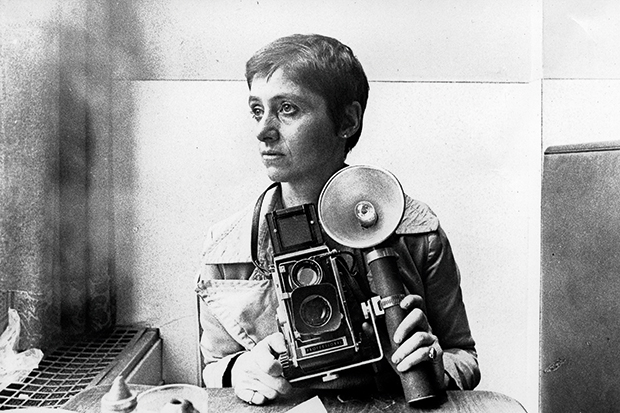
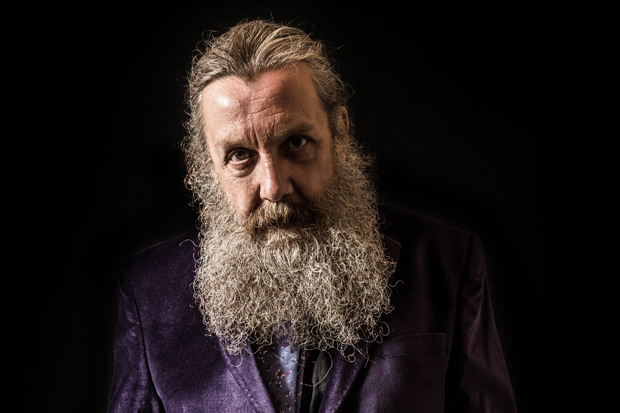







Comments
Don't miss out
Join the conversation with other Spectator Australia readers. Subscribe to leave a comment.
SUBSCRIBEAlready a subscriber? Log in